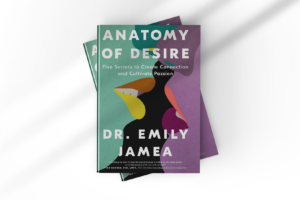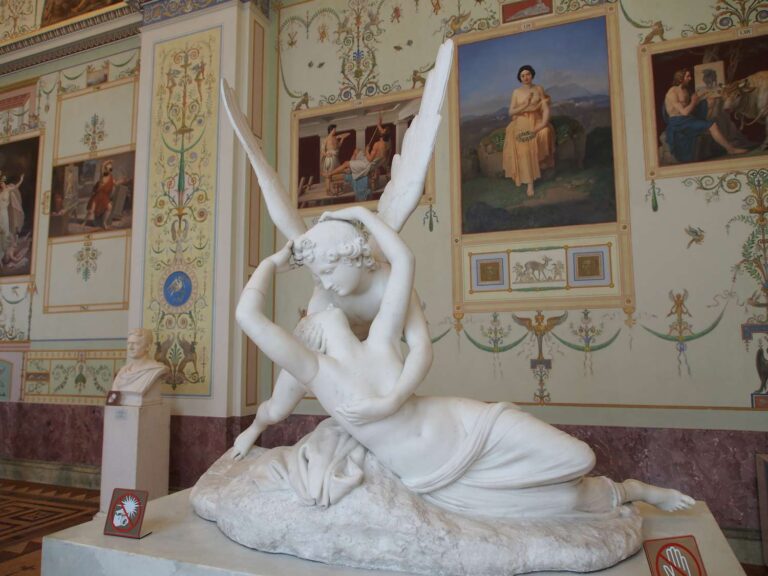
Great Day Colorado: Therapist Dr. Emily Jamea stops by GDC to showcase new book ‘The Anatomy of Desire’
If you’re in a relationship, we know it can come

As Valentine’s Day approaches and images of Cupid adorn our surroundings, it’s worthwhile to reflect on the symbolism of this little winged cherub and all he represents. Cupid has come to symbolize romantic love, but his roots—and symbolism—go much deeper. And upon further exploration, you’ll see that Cupid could give us a lot more than romantic love to celebrate on Valentine’s Day.
Cupid is the name that the Romans gave to Eros, the Greek god of love and sex. Some ancient texts claim Eros was a primordial god, while others say he was the son of Ares (the god of war) and Aphrodite (the goddess associated with beauty, lust, and passion). It’s perhaps not surprising that deities representing war and passion would converge to create the god responsible for love and sex. “Love is a battlefield,” after all (to quote Pat Benatar).
Typically portrayed as a handsome young man or chubby boy, Eros is always depicted with wings, armed with a bow and arrow. These arrows, when unleashed, ignited romance and passion in the hearts of mortals and gods alike, highlighting the divine and transformative power of love. Eros was known to be carefree, mischievous, and playful, often stirring up harmless trouble among the gods.
The term “erotic,” derived from Eros has, unfortunately, been reduced in contemporary times to describe sexual matters alone. The use of the word erotic didn’t take off until the early 20th century, most likely thanks to Sigmund Freud. Freud adopted the word eros from the Greeks and used it to describe our “life drive” or “life instinct.” He conceptualized eros as our drive towards creativity, passion, love, and species preservation—a description more in line with all that Eros represented.
Freud referred to the energy created by life drive as libido, which, sadly, is another word we have watered down to describe sexual desire. But if we look at what Eros represented as well as what Freud meant by the word libido, we can see that there is more to these terms than meets the modern-day eye.
Eros’ behavior was playful, fun, naughty, and passionate. Libido, as Freud conceptualized it, was similar. He described it as the uninhibited pleasure-seeking part of our psyche. These feelings—disinhibition, playfulness, and passion—are feelings most folks long to experience in the bedroom, yet many struggle to find.
To read more, you can find the rest of the article at PsychologyToday.com.

If you’re in a relationship, we know it can come

Not quite at it like rabbits? From trying to be

Emily Jamea, Ph.D., is a sex therapist, author and podcast host. You